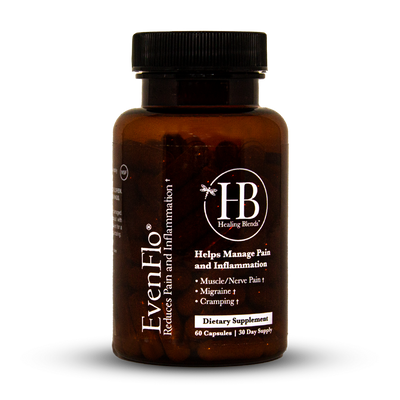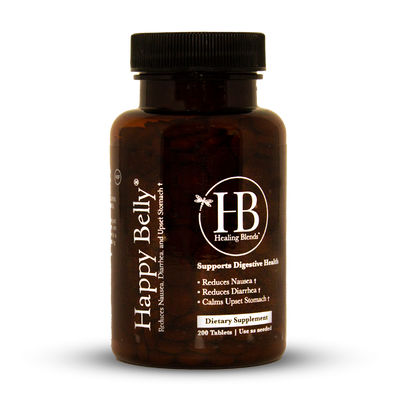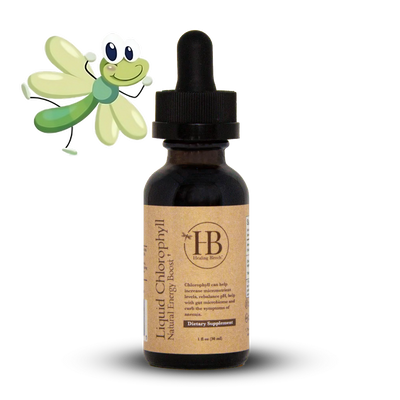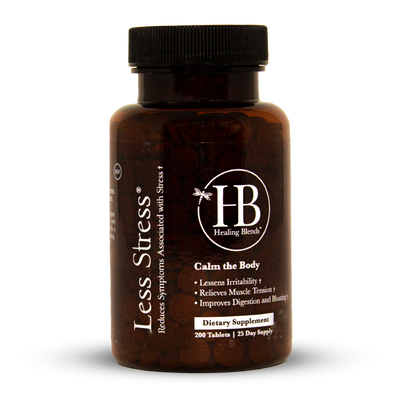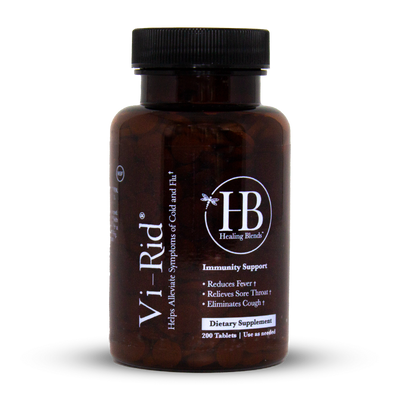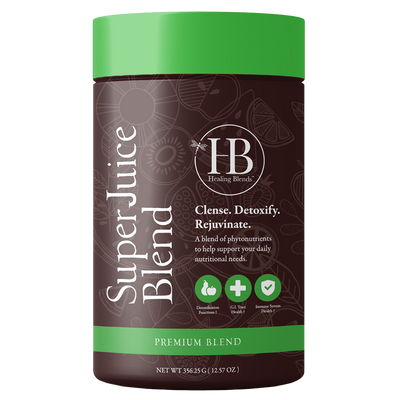SCD & Pain: Essential Fatty Acids Can Reduce Sickle Cell Pain
Fatty acids are the natural components of fats and oils that can be divided into saturated, mono-unsaturated, and poly-saturated fatty acids. Among these, essential fatty acids (EFA) are a special type of ‘good fat’ that the human body needs for important biological processes.
However, the human body cannot produce or synthesize essential fatty acids. They have to be obtained from a holistic diet that consists of fish, nuts, seeds and plant oils, and/or via dietary supplementation.

Essential Fatty Acids (EFA) and Sickle Cell Disease
There are three main essential fatty acids – ALA – alpha-linolenic acid, EPA (eicosapentaenoic acid), and DHA (docosahexaenoic acid). Of these, DHA and EPA are found in fatty fish or seafood while ALA is found in seeds like flaxseed, hemp seeds, and plant oils like olive oil, and palm oil.

Our article refers to poly-unsaturated fatty acids (PUFA) that can be bifurcated into omega-3 and omega-6 fatty acids. Both of these are essential fatty acids and the human body cannot synthesize them. The Western diet is rich in omega-6 fatty acids but they are known to push the immune system into a pro-inflammatory state.
Omega-3 fatty acids, on the other hand, exert an anti-inflammatory effect and can be the part of a solution to prevent vaso-occlusive crises and prevent tissue damage.
Clinical studies have explored the effect of Omega-3 supplementation on sickle cell disease that has resulted in promising data. As we progress through this article, we will highlight key advances in the latest research regarding SCD, essential fatty acids, and omega-3 supplementation.
Takeaway: Dietary intake of EFAs is vital for general health and research shows it can lead to improved outcomes in SCD patients.
How Do Essential Fatty Acids Influence Inflammation?

Inflammation is a major component of many human disorders and diseases. Chronic inflammation is a hallmark of SCD, and it plays a principal role in vaso-occlusive crises. In fact, a 2019 study indicates that children and adults with SCD have distinct immune cells that promote inflammation.
The loss of tolerance and/or control over regulatory processes due to sickled cells also leads to pathological inflammation. This chronic or sustained inflammation stimulus can pose serious health risks and lead to organ and tissue damage.
At the same time, the anti-inflammatory properties of n-3 fatty acids are well substantiated in the general population. Long-chain fatty acids like EPA and DHA influence inflammation through a variety of mechanisms. They bind to nuclear receptors that regulate gene expression to influence inflammatory pathways.
In sickle cell patients, research shows that can alter the production of eicosanoids in the body, which leads to reduced inflammation. Data indicates that it is possible to change the composition of cells involved in the inflammatory response through EFA supplementation. A 2015 study provides evidence that n-3 fatty acid supplementation can reduce inflammation and blood cell adhesion in SCD patients.
Takeaway: Essential fatty acids and omega-3 supplements can be an effective therapeutic agent in diseases like SCD that have an inflammatory component.
Can Essential Fatty Acids Improve Blood Flow?

SCD patients exhibit higher red blood cell rigidity and adhesion. Sickled and rigid RBCs obstruct microcirculation leading to painful ‘crisis’. Such patients also have irregular blood thickening that increases the risk of blood clots in the blood vessels. Research has shown that omega-3 supplementation can reduce this kind of prothrombotic activity.
Increased platelet activation is also common among SCD patients and may lead to severe complications like pulmonary arterial hypertension (PAH). Studies have also shown that EFAs like omega-3 can decrease platelet aggregation, which can prevent occlusion – diminished blood flow to the heart.
Moreover, Omega-3 fatty acids like DHA incorporate into the cell membrane and influence the processes of RBC deformation towards positive outcomes for SCD patients. A 2014 study noted increased blood flow after exercise in people who consumed fish oil supplements for a period of 4 weeks. In addition, research also shows that EFAs activate the inflammatory and coagulation pathways, and increase good cholesterol (HDL) and improve lipid profiles.
Takeaway: Research indicates that Omega-3 supplementation can improve blood flow, modify cell membranes, and reduce the probability of blood clots in SCD patients.
Can Essential Fatty Acids Decrease Sickling Effects?
Nitric oxide is a vasodilator – it promotes the dilation (widening) of blood vessels. Sickle cell patients have free Hb in the plasma that scavenges nitric oxide and diminishes the nitric oxide reserves. This results in the constriction of blood vessels and increases the adhesion (sticking) of sickled cells. Omega-3 formulations promote a sustained formation of nitric oxide.
The lipid composition of cell membranes interacts with various mechanisms and impacts various cellular functions, but SCD patients have abnormal blood fatty acids levels and rigid blood cells. Omega-3 fatty acids are essential components of the cell membrane structure and omega-3 fatty acids have anti-adhesion and anti-sickling agents that inhibit the mechanisms of SCD.
Research indicates that dietary DHA supplements can increase RBC membrane flexibility in mice and can lead to a 40% reduction of irreversibly sickled cells. A 2019 study reiterates that omega-3 fatty acids have anti-sickling, antihemolytic and antioxidant properties. The current data shows that Omega-3 fatty acids have agents with cell membrane-stabilizing effects that can contribute to reducing or preventing sickling in SCD patients.
Takeaway: EFA supplementation in the right dosage can be an effective means to reduce sickling and the frequency and severity of the rupturing of red blood cells in addition to fewer vaso-occlusive episodes.
Essential Fatty Acids Good for Children with Sickle Cell?
A 2018 study was conducted to evaluate the benefits of EPA fatty acids via omega-3 supplementation among SCD children. After six months, a majority of the thirty patients (children between the age of 8 and 15) experienced a significant decrease in vaso-occlusive attacks as compared to the pre-supplementation period.
A 2019 study found that a relative deficiency of DHA and EPA escalates with age in SCD children. This relative decrease in omega-3 fatty acids correlates with inflammatory biomarkers and vaso-occlusive pain.

A randomized, double-blind, placebo-controlled trial concluded that omega-3 treatment reduced the inability to attend school because of SCD-related illnesses among children. More importantly, they concluded that children with sickle cell disease could consume EPA fatty acids safely and effectively.
Takeaway: EFA supplementation is safe, acceptable, and helpful to improve outcomes in children with sickle cell disease.
Omega-3 Fatty Acids as a Potential Treatment for Sickle Cell:

Omega 3 fatty acids have a multi-faceted biological effect that can provide new therapeutic options for SCD patients as evidenced by this 2018 study published in Nature Reviews. Another scientific paper published in The American Journal of Clinical Nutrition indicates that EFA supplementation can reduce the frequency and severity of crisis, anemia, and blood transfusion rate.
Chronic inflammation and low blood levels of n-3 fatty acids are long-established characteristics of sickle cell disease. Omega-3 fatty acids have antioxidant properties and the anti-inflammatory, inflammation resolving, anti-aggregation, and anti-adhesion properties of their active metabolites are also well substantiated.
There is growing evidence that EFAs exert local anti-inflammatory effects in organs commonly targeted by SCD like the liver and the lungs. They also ameliorate vascular dysfunction and shift the sickle cell membranes towards an anti-inflammatory substrate.
Research indicates that Omega-3 supplementation leads to noticeable improvements in general health and quality of life. It also leads to a reduction in the number of inpatient hospital days or absences due to SCD related illnesses among children.
Takeaway: The current research indicates that supplementation can be a part of a combination of treatments to curb inflammation and manage the severity of the disease.

Improving the Quality of Life of Warriors:
SCD patients need treatment with multiple agents or therapies that promote a multimodal combination of agents with additive or synergistic effects. The enthusiasm for new research is bringing about adjunctive, curative, and pain management practices that can improve the quality of life of patients from all walks of life.

EPA and DHA are found in fatty fish and fish oil. These naturally occurring ingredients are more acceptable, biologically and culturally, since they have been a part of the human diet in various parts of the world for many centuries.
Even from an economic perspective, EPA and DHA have significant advantages relative to hydroxyurea or other standard treatments like blood transfusion therapy. This is because omega-3 fatty acids don’t pose health risks and have no side effects that have been observed in using hydroxycarbamide.
Research has demonstrated that EPA and DHA supplementation does not exacerbate oxidative stress associated with SCD. On the contrary, studies show that it provides antioxidant protection and ameliorates membrane fatty acid abnormalities, vaso-occlusive and haemolytic crisis.
In conclusion, the current data indicates that EFAs play an important role in reducing inflammation, pain management, and improving blood circulation. Therefore, Omega-3 supplementation can be combined with standard treatment to improve the quality of life and overall health of SCD patients.














